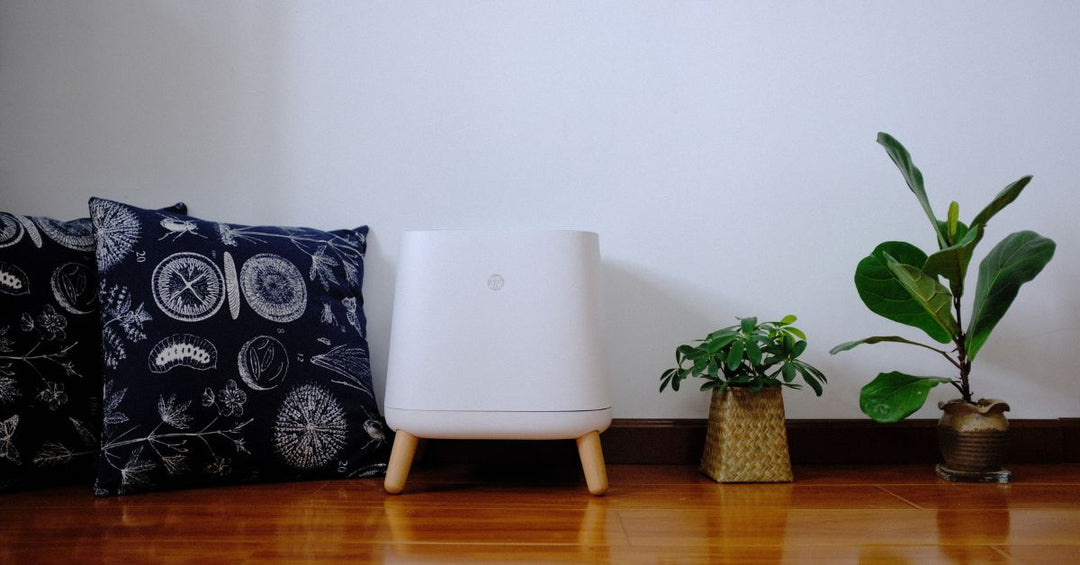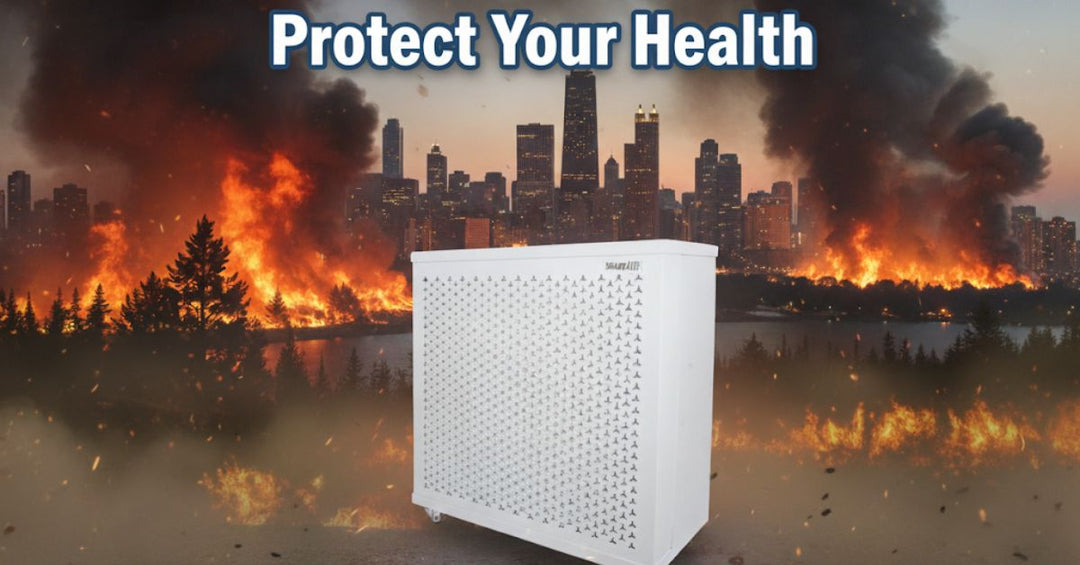Can HEPA Filters and Air Purifiers Capture the Coronavirus?
Data shows face masks can protect you from the coronavirus, but how about air purifiers? How effective are HEPA air filters at capturing the coronavirus?
Can HEPA Filters Capture and Remove The Coronavirus?
To answer this question, we need to first answer if HEPA filters can capture particles as small as the coronavirus. The COVID-19 coronavirus measures 0.06 – 0.14 microns in diameter.

HEPA filters – the workhorse of any purifier – must remove 99.97% of particles “greater than or equal to” 0.3 microns.

But the definition only mentions particles 0.3 microns and above. What about smaller particles like the coronavirus and other viruses? Can HEPA filters capture these?
This exact question has led to years of confusion and false advertising claims about HEPA filters, and is now leading to more misinformation about whether HEPA filters can or cannot capture and remove the coronavirus that causes COVID-19.

Why HEPA Filters are Great at Capturing the Coronavirus
The fact that HEPA filters are so good at removing tiny virus particles like the coronavirus is surprising. It’s surprising because our intuition about filters is wrong. Like most people, I had the intuition that HEPA filters work like a net.

If a particle is smaller than the holes in the net, it gets through. Makes sense! However, it turns out that particles as small as the coronavirus, and other nano-particles get captured using a scientific phenomenon called diffusion.
Learn more about the science behind diffusion and how it captures nano-particles »
Diffusion is surprisingly effective at capturing tiny virus-sized particles. According to NASA, HEPA filters capture “virtually 100% of particulates.”

Researchers at the University of Minnesota tested this question with weaker fiberglass furnace filters and higher-grade HEPA filters. In their test, they shot particles of silver from 3 to 20 nanometers at the filters (that’s roughly 5 to 30 times smaller than coronavirus particles).

The results showed that filters captured 99.99% of particles smaller than 5 nanometers. Bingo! HEPA filters are incredibly effective at capturing nanoparticles–even smaller than the coronavirus.
Read More: Can UV light Kill the Coronavirus?
Do I Need a Medical Grade Air Purifier?
It may seem logical that in order to filter out viruses, a medical grade air purifier is needed. Turns out, medical grade air purifiers are more often than not a marketing gimmick. Normal, HEPA filter air purifiers can filter viruses.
Caveat: HEPA air purifiers are not a silver bullet. They can filter out viruses from the air in homes, offices and schools, but other steps such as good hygiene and disinfectants should still be used in conjunction with HEPA air purifiers.
Bottom Line: Can Air Purifiers Capture The Coronavirus?
Air purifiers that contain HEPA filters or even lower grade filters can capture virtually all sizes of solid particles, including particles 0.1 microns in diameter – or the same size as the coronavirus.
Explore more: What types of filters do I need to protect myself from all types of pollutants?
How I Protect Myself
Smart Air is a certified B Corp committed to combating the myths big companies use to inflate the price of clean air.
Smart Air provides empirically backed, no-nonsense purifiers and masks, that remove the same particles as the big companies for a fraction of the cost. Only corporations benefit when clean air is a luxury.





